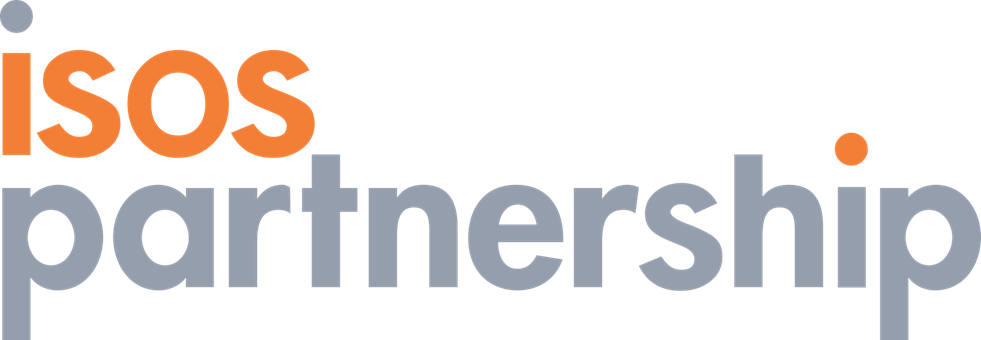Key lessons for leading change in a local education system: Our starter-for-seven
In our evolving education system "temperature check" report, we suggested seven lessons for leading the next stage of change in local education systems. Are these the right lessons for leading change effectively, whether you are a leading a school, teaching school, multi-academy trust, federation, diocesan network, other schools partnership, or local authority service? Are there others that you use or believe will be important in the future? Tweet us @IsosPartnership.
1. Look out for each other – keep an eye out for those who are isolated or at risk of becoming so within your partnerships, networks and the wider local system. Timely adapters are pro-active in identifying those at risk and reconnecting them with the local system.
2. Signpost support – make it easy and quick to find high-quality support through clear signposting. Slow movers and sudden reactors can often leave leaders having to navigate their local system on their own.
3. Maintain the dialogue – keep engaging in meaningful dialogue about the transition, its successes, and the next step towards the long-term vision. Timely adapters achieve successful transitions because they strike the right tone that keeps all partners engaged.
4. Foster innovation – encourage meaningful engagements that give others the opportunity to lead the transition and to innovate. Sudden reactors often jump straight to what they see as the right answer and instruct others to follow, while slow movers can frustrate innovation by not seizing the opportunity.
5. Inspire trust – consistently role-model effective behaviour in order to build trust, openness and honesty, which are the foundations of effective partnerships. Sudden reactors and slow movers risk damaging relationships and undermining trust by misjudging local leaders' desire for change.
6. Follow through with action – timely adapters make changes happen and stick through high-quality implementation, investing time and resources in sustaining change and demonstrating impact.
7. Empower others – judge the right time to let others take the lead. Timely adapters do this by building capacity, responsibility and associated accountability among their partners. Sudden reactors do so too quickly, while slow movers do so too late or not at all.
